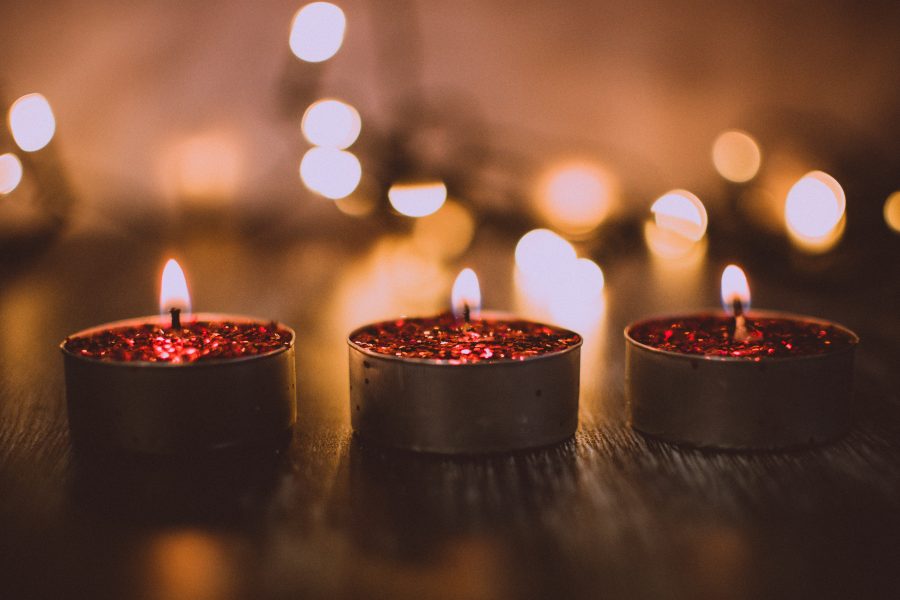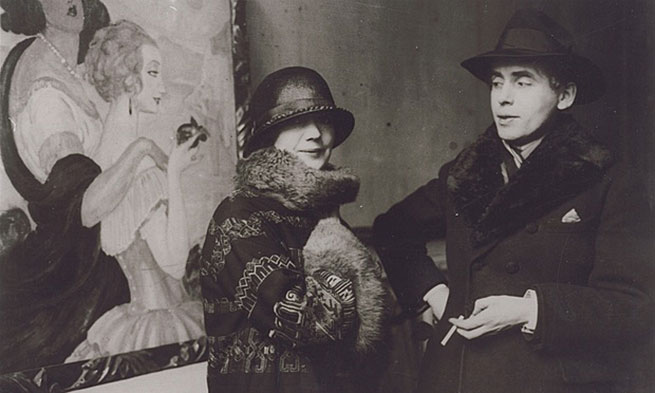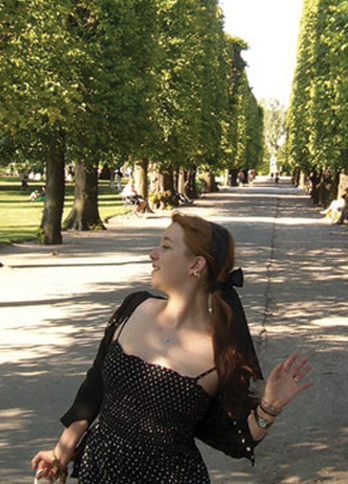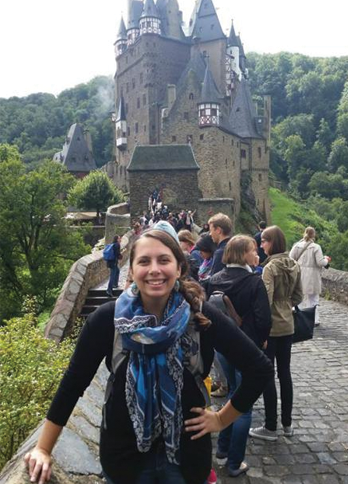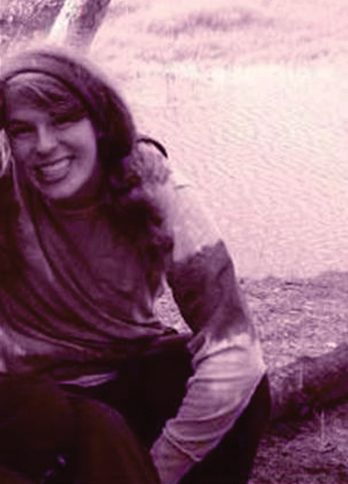Why Study Danish?
Denmark doesn’t look like much on a map, being approximately half the size of Wisconsin, but it deserves your attention! Stone Age artifacts, Vikings, amber jewelry, and “Bog People” all play a part in the tumultuous history of this ancient kingdom.
Studying Danish indicates that you are mastering a foreign language, and this is an asset in the increasingly global economy as many businesses value language skills in their employees. Knowledge about the modern welfare state of Denmark will make you distinctive among other applicants, making you interesting and more marketable. Graduates with Danish language skills have found jobs with IT companies, banking, social work, journalism, international sales, and many more.
Danes do not ”sing” their language like the Swedes and Norwegians. Actually, Danes may seem to mumble – much like Americans – and there is a strong similarity between English and Danish vocabulary. In contrast to Spanish, French, and German, there are no difficult verb-endings to memorize, and Danish doesn’t use the subjunctive mood either but has fairly simple and straightforward grammatical rules! So, if you give it a shot, you will quickly be able to understand and communicate with the 5.6 million inhabitants in this cozy and progressive country.
Copenhagen is also home to the head of the world’s oldest Constitutional monarchy, Queen Margrethe II. The city is very charming with canals, royal palaces, an opera house, a royal theater, and the famous Tivoli Gardens. The second largest city of Aarhus has been named a European Cultural Capital for the year 2017, and it abounds with cultural events, beaches, and The Old Town where ancient and more modern houses have been re-erected to form a living outdoor museum. The rest of the country, consisting of the peninsula of Jutland and 446 islands, offers a variety of sights and cultural as well as historical opportunities for exploration. Bridges between the island and from Denmark to Sweden make traveling very easy, and the collective means of transportation are functional, punctual, and clean. The Danish flag was the first flag ever made and initiated the trend of a cross on a background of a different color – the Danish colors are red and white – just like the Badgers!
Although Denmark can boast of no mountains, it is pleased with its friendly and gentle landscape. As a student of Danish, opportunities abound for study trips, not forgetting the original Legoland and the island of Bornholm in the middle of the Baltic Sea.
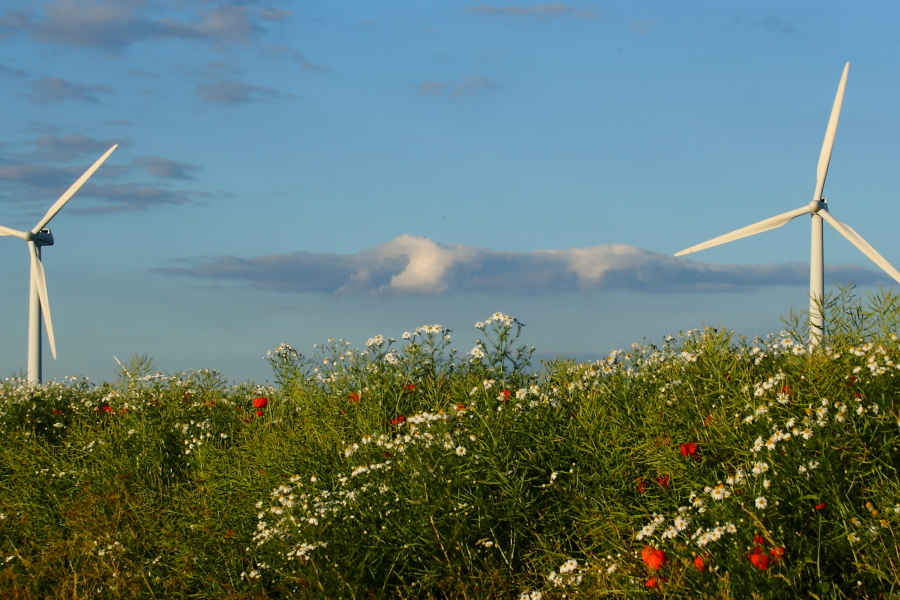
Environment
Denmark is a strong advocate for ecological progress and anti-pollution initiatives. The country is at the forefront of “green” thoughts and proudly exports wind-mills, expertise, and advice about how to tackle the energy problems of the future.
Bikes are very popular means of transportation, and 50% of the population of the capital, Copenhagen, choose a bike to transport them to their job.
Philosophers
Closer to our time, the Danish philosopher Søren Kierkegaard has inspired many people to learn the language in order to read his philosophical works. As the father of existentialism, Kierkegaard has influenced a century and a half of religious and philosophical thinkers.
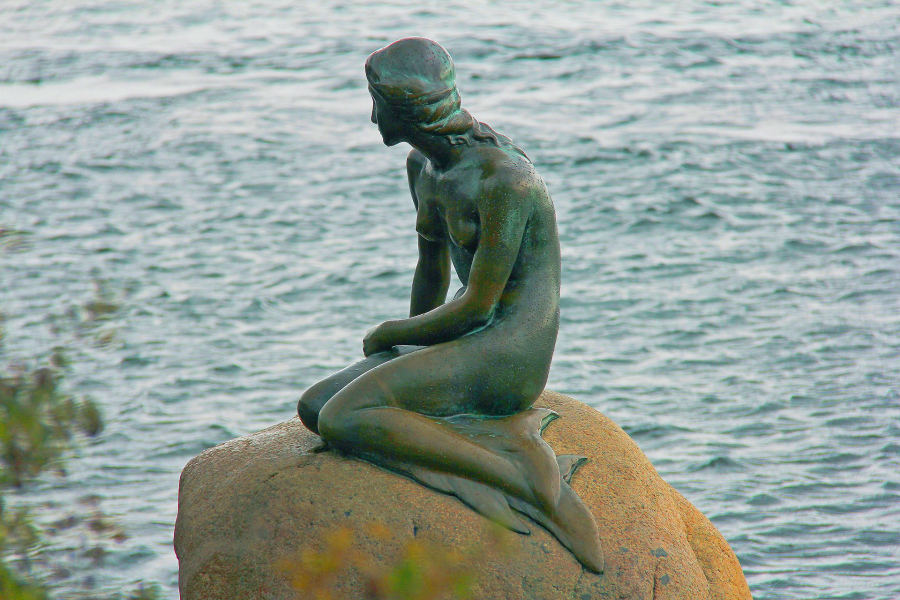
Hans Christian Andersen
Another famous Dane is the King of Fairytales, Hans Christian Andersen. Most people know and love “The Ugly Duckling,” “The Emperor’s New Clothes,” and “The Princess on the Pea,” and many are surprised to learn that he wrote “The Little Mermaid” – long before it was turned into a popular Walt Disney movie. Andersen was a prolific writer, and even though his 156 tales have been translated into an incredible number of languages, they still sound better in Danish!
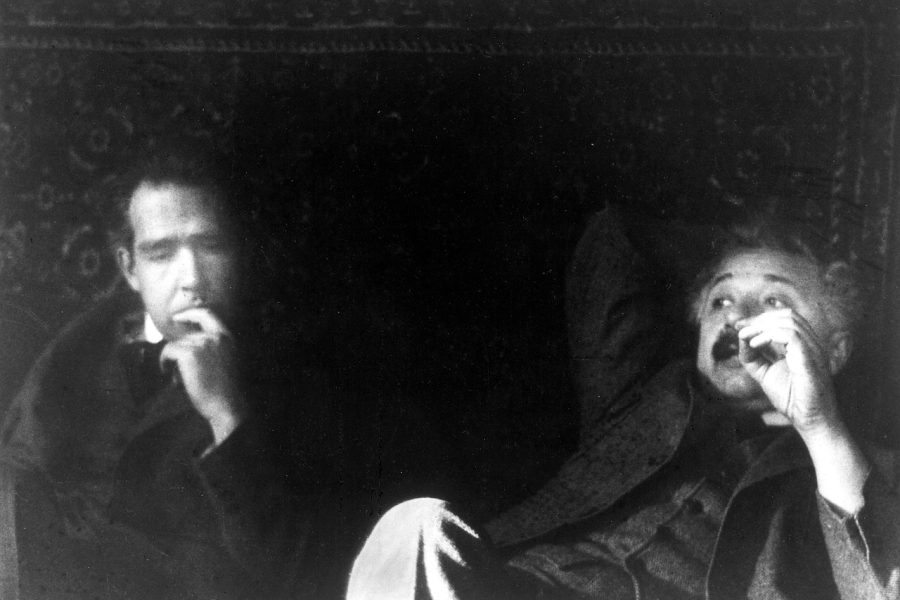
Scientists
Famous scientists include the astronomer Tycho Brahe and the physicists H.C. Ørsted (first discovered that electric currents create magnetic fields) and Niels Bohr (won the 1992 Novel Prize for Physics).
Hygge
"Pronounced “hoo-guh” or “hue-guh,” with no direct translation in English, hygge is a Danish concept that implies a sense of warmth and wellbeing. It’s the ability to slow down and enjoy a cozy moment, especially with loved ones."
Social Justice
Politically, Denmark is a social-democratic welfare society with a strong philosophy of taking care of its inhabitants from cradle to grave. In recent years, it has also become the home to numerous refugees and immigrants from war-torn countries.
Denmark is a liberal and open-minded country that legalized same-sex marriage in 1989, financially supports single parents, and promotes equality of the sexes and a woman’s right to choose to be both a mother and a member of the working population. Generous maternity and paternity leave laws allow parents to focus on their children, and child-care facilities are affordable and accessible.
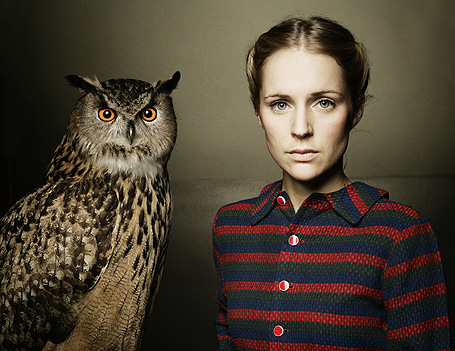
Artists
The composer Carl Nielsen’s classical music is still played around the world. New Danish musicians are constantly appearing, and some of them like Lucas Graham and Agnes Obel, also make it to the American scene.
Visit the Louisiana Museum of Modern Art to view the collection of Danish artist Asger Jorn or the National Gallery of Denmark to view Danish artists from 1750 to the present.
Danish Language Classes at UW-Madison
The Danish language classes are usually fairly small and intimate classes taught by faculty members (professors) and a few experienced TAs in a relaxed learning environment. We emphasize communicative abilities such as speaking, reading, listening, and writing, and we use technology extensively to give students an authentic experience of contemporary Danish language and culture. Many Danish movies and actors have made their mark on the contemporary cultural landscape, and they are included in the classes to provide variation and extended engagement.
Danish is regularly taught from 1st through 5th semester and fulfills the language requirements. A 6th semester class is also offered in which Norwegian and Swedish are included as well as linguistics. You can benefit from learning the language whether or not you are a Scandinavian Major or Certificate, and many heritage speakers enjoy the opportunity to reconnect with their ancestors and families.
Students usually reach a high conversational and reading ability within the first 2 semesters, and students who have previously studied the language and / or spent a period in the country can test into higher levels of language instruction and / or get retro credits by talking to the departmental advisor.
For more information, please contact Claus Elholm Andersen.
Alumni
Don’t believe us? Hear from our past Alumni who had the opportunity to study the Danish language!
Study Abroad
Studying abroad is an amazing way to not only solidify your knowledge of the Danish language, but also experience the culture first hand. The Danish word “hygge” is hard to translate as it comprises more than just the meaning “cozy.” It is also a frame of mind that you will experience if you choose to study abroad in Denmark. There are wonderful opportunities for studies in both Copenhagen and Aarhus, in cooperation with IAP at UW Madison, and you can apply for both a Scan Design Scholarship and a Gudrun Gytel Scholarship if you choose to study abroad for a semester or a year.
“I have learned to be much more independent and open-minded.”
Hear more from our students on their study abroad experience by checking out their profiles below!


